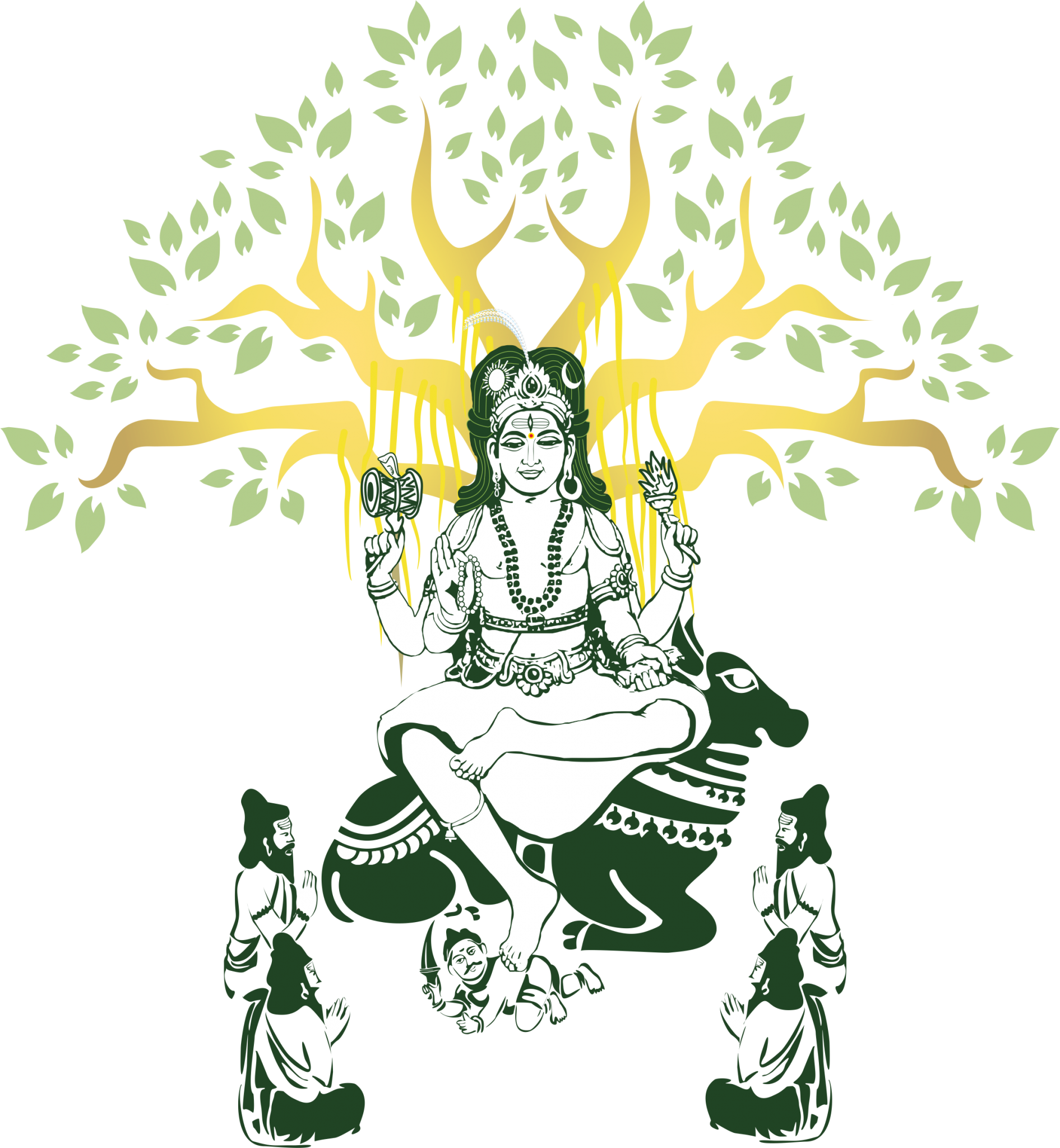Live Streaming
(scroll to bottom for Recent Event info)
Daily Abhisheka and Aarati to Lord Dakshinamurti
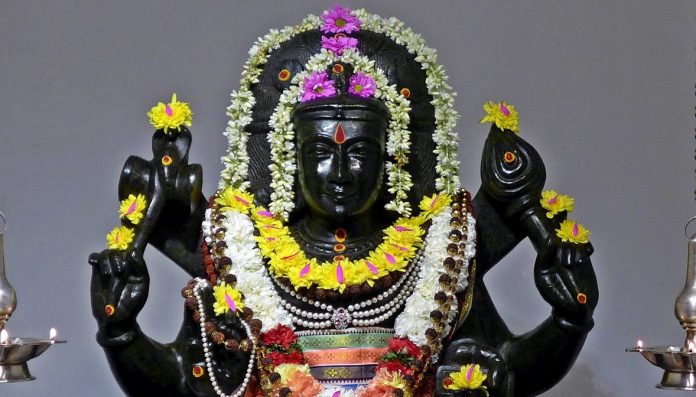
1st and 3rd Sunday Classes
Sunday, October 20, 2024
In-Person and Online
9:00-10:00 am ET Bhagavad Gita 9.12
with Swami Tattvavidananda
11:25am-12:25pm ET Aitareya Upanishad
with Swami Tattvavidananda

2024 Five-Week Vedanta Course with Swami Tattvavidananda
Sept 24- Oct 27, 2024
In-Person and Online
• Aitareya Upaniṣad
• Viṣṇu-sahasra-nāma: Epitome of Vedanta
More info HERE
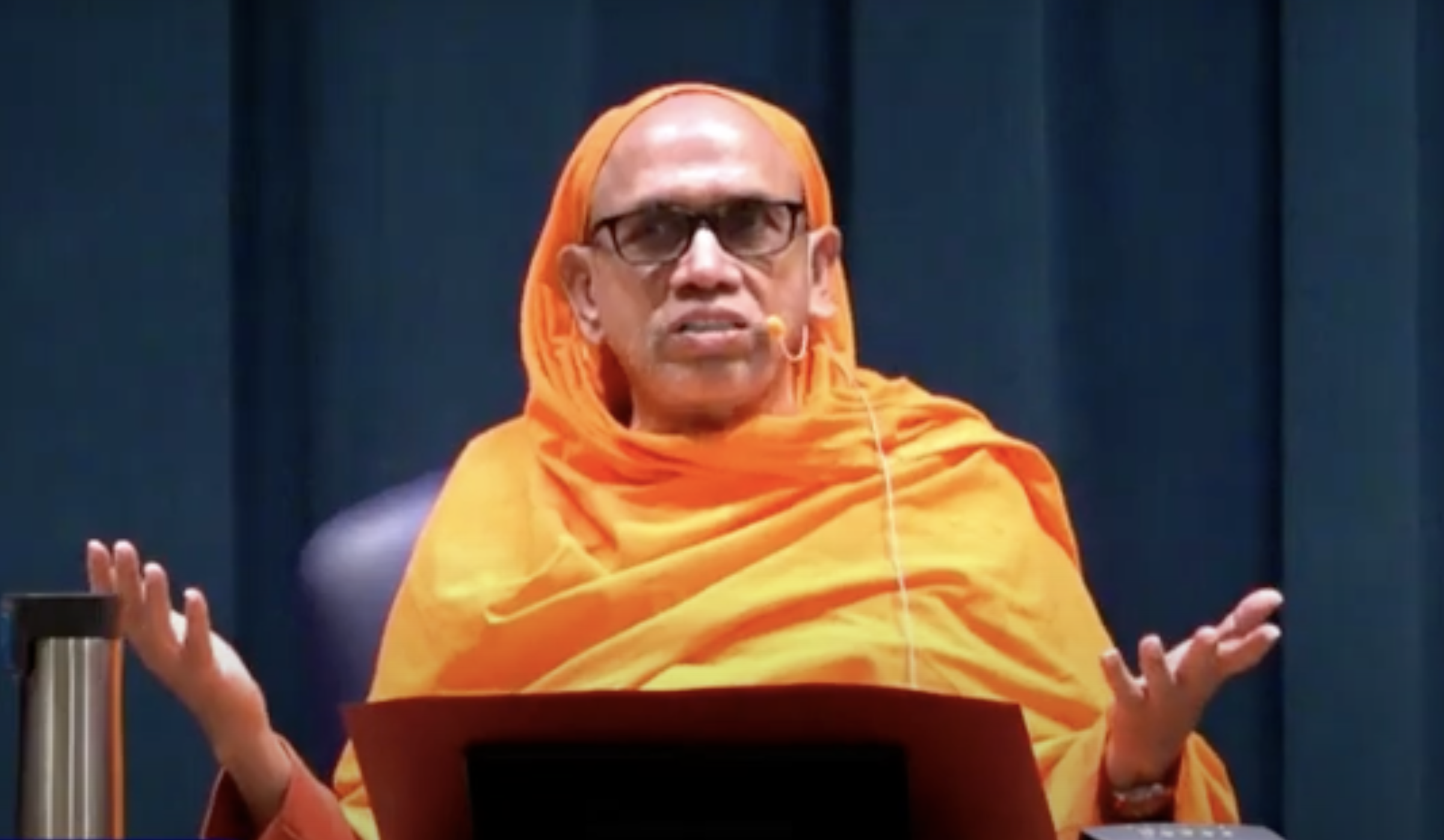
Ongoing Classes
Arsha Vidya Balagurukulam's Parents Vedic Chanting Class with Sri Suddhatma ONLINE

Panchadashi with Swami Muktatmananda ONLINE STUDY
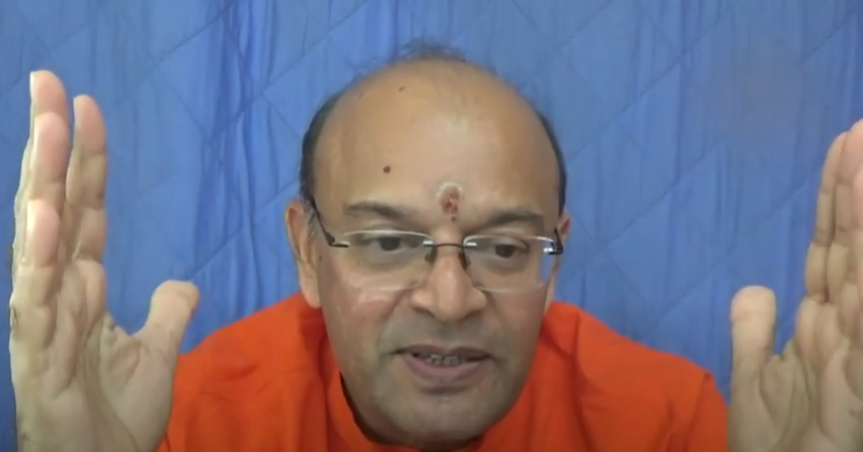
Shrimad Bhagavatam Study Classes with Brhm. Pratyagaatma Chaitanya ONLINE ONLY
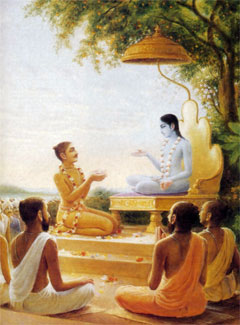

Meditation Workshop with Swami Jnanananda ONLINE
1st and 3rd Saturday every month 11:00am-12:00pm ET (UTC-4)
Teacher: Swami Jnanananda
Meditation plays an integral part in a seeker’s spiritual journey, in that it steers the wavering mind into a state of quietude, wherein the tumult of distracting desires loosen their grip. With practice, the mind will be ushered to a deeper realm of stillness. Such a mind gains the capability for a lofty vision and cannot be influenced by anything. As the practice of meditation deepens, one can resolutely face the problems in life and gradually become a yukta, one who abides in one’s real nature.
Recent Events
1st and 3rd Sunday Classes
Sunday, October 6, 2024
In-Person and Online
9:00-10:00 am ET Bhagavad Gita 9.12
with Swami Tattvavidananda
11:25am-12:25pm ET Aitareya Upanishad 1
with Swami Tattvavidananda

2024 Two-Week Vedanta Course with Swami Tattvavidananda
September 6-20, 2024
In-Person and Online
• Aparokṣānubhūti
• Viṣṇu-sahasra-nāma: Epitome of Vedanta
• Rāmāyaṇa
More info HERE

1st and 3rd Sunday Classes
Sunday, September 15, 2024
In-Person and Online
9:00-10:00 am ET Bhagavad Gita 9.11
with Swami Tattvavidananda
11:25am-12:25pm ET Aparokshanubhuti
with Swami Tattvavidananda

2024 Patron's Vedanta Course 2
In-Person only for Patron Donors
Live-streaming for all on YouTube
Friday, August 30 at 8:00 pm ET
to
Monday, September 2 at 12:00 pm ET
TOPICS and TEACHERS:
– Dṛg-Dṛśya-Viveka
with Swami Tattvavidananda
– Bhagavad Gita 3.3
with Swami Muktatmananda
More Details HERE

2024 Patron's Vedanta Course 1
In-Person only for Patron Donors
Live-streaming for all on YouTube
Thursday, August 22 at 8:00 pm ET
to
Sunday, August 25 at 12:30 pm ET
TOPICS and TEACHERS:
Tyāga with Swami Viditatmananda
Freedom from Anger with Swami Muktatmananda
More Details HERE

2024 Kṛṣṇa-janmāṣṭamī Celebration
In-Person and Online
Monday, August 26
6:15-8:00 pm ET
Shodasha Upachar Puja
Abhisheka to Lord Krishna’s murti
Krishna Ashttotara
Vishnusahasranaama Paaraayanam
Deepaaraadhanam Prasad viniyog

38th Anniversary Celebration of Arsha Vidya Gurukulam

2024 Family Vedanta Course 3
In-Person and Online
Saturday, August 10 at 8:00 pm ET
to
Friday, August 16 at 12:30 pm ET
TOPICS and TEACHERS:
Ātma-anātma-viveka with Swami Viditatmananda
Aparokṣānubhūti 111-125 with Swami Muktatmananda
More Details HERE

2024 Family Vedanta Course 2
In-Person and Online
Saturday, August 3 at 8:00 pm ET
to
Friday, August 9 at 12:30 pm ET
TOPICS and TEACHERS:
Ātma-anātma-viveka with Swami Viditatmananda
Aparokṣānubhūti 96-110 with Swami Muktatmananda
More Details HERE

1st and 3rd Sunday Classes
Sunday, August 4, 2024
In-Person and Online
9:00-10:00 am ET Aparokshanubhuti
with Swami Muktatmananda
11:30am-12:30pm ET Bhagavad Gita Ch. 9
with Swami Viditatmananda
More details HERE

2024 Family Vedanta Course 1
In-Person and Online
Saturday, July 27 at 8:00 pm ET
to
Friday, August 2 at 12:30 pm ET
TOPICS and TEACHERS:
Upadeśa-Sāram with Swami Viditatmananda
Aparokshanubhuti 75-95 with Swami Muktatmananda
More Details HERE





